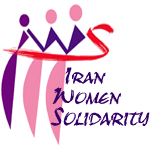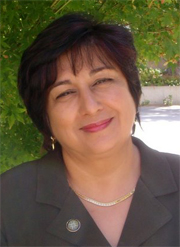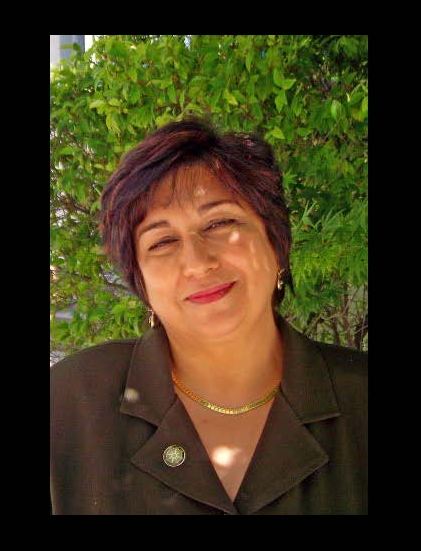[The Iranian Women Equality Calendar->http://www.feministschool.biz/english/IMG/pdf/Iranian_Women_s_equality_calendar.pdf] is an expanded English version of a Persian women calendar collected and organized by the efforts of Noushin Ahmadi Khorasani and published by Nashre Toseeh first in 1998.. The publication of the “Women Calender” was banned and she was prosecuted in 2003.
In a [recent article->http://www.feministschool.biz/english] written by Noushin Ahmadi Khorasani, she states that the calendar “ provides a glimpse into the hidden history of Iranian women, a history that has not only remained unfamiliar throughout the world, but one that has yet to receive its due attention in Iran .”
The new English version of the calendar has also a brief chronology of the internationally renowned [One Million ion Signature Campaign which was honored with Simone de Beauvoir Award in January 2009->http://www.campaignforequality.info/english/spip.php?article436]. The goal of the “One Million Signatures campaign” is to end discriminatory laws against women in Iran. [The Women Equality calendar->http://www.feministschool.biz/english/IMG/pdf/Iranian_Women_s_equality_calendar.pdf] offers a uniquely detailed record of a vast array of activities and achievements by prominent women as well as lesser-known women.
The article states that the “ The women honored in these pages have challenged their prescribed subservient positions, and have penetrated a wide array of fields previously prohibited to them. It has not yet been a hundred years since the establishment of the first all-girls school in Iran- those women who participated in founding such schools and contributed to women’s education are honored in this calendar. Those women who committed their energies to publishing women’s writings and to founding the first women’s organizations are accorded a place within the pages of the calendar. You may read the rest of the article [here..->http://www.feministschool.biz/english/spip.php?article224]
The unwritten names and stories of Iranian women in history is not a unique case. Jane Austen (1775-1817), acclaimed American writer in her book “Northanger Abbey” wrote:
“History…tells me nothing that does not either vex or weary me. The quarrels of popes and kings, with wars and pestilences in every page; the men all so good for nothing, and hardly any women at all – it is very tiresome.”
History books tell us that men made history and that women’ have no history. How can we believe that women have no history of their own? and have not made any significant contribution to the history? Is it because the history, the way it was understood was the story of wars and politics and a patriarchal construct?
History never has been about ordinary people, about men and women, the unknown heroes and sheroes who shaped human society, rather, it has been the stories of kings and queens, defeats and triumphs, bloody wars and broken peaces. History was not even touching the personal life of men and women of power. It was only limited to the public life of those in position of power.
In United State, it was not long ago that it was common to read biographies of famous men in which their female relatives, mother, wives and daughters were never mentioned.
It was only in 1970s, that the U.S. women’s historians led the way in exploring the private, nonpublic lives of ordinary people. Since, as the Chinese say, “women hold up half the sky,” the new histories are as much about woman as about men. and that is the way it should be written.
Aparna Basu, Professor of History at the University of Delhi, India, put this concept in the following words : “History is no longer just a chronicle of kings and statesmen, of people who wielded power, but of ordinary women and men engaged in manifold tasks. Women’s history is an assertion that women have a history.”
Despite the fact that the presence of women from public was undermined and minimized to fit the gender role and gender division of labor based on an extremist interpretation of Islamic Laws, the generation of young women and men who were born and raised in Iran in the last three decade, , have charged themselves with the responsibility to write the unwritten stories, spoke the unspoken words, claim the unclaimed space, question the unquestionable traditions, and manifest their desire for equality and human dignity on the ground and in cyber space
These young women and men are making waves and making more waves in changing the discriminatory laws, to stop inhuman sentences such as stoning, to raise feminist consciousness, to wage peace, to defend the rights of children and to hold the government accountable. Indeed, they demand their share of a citizenry as they are holding half of the sky!
The inspiring women’s movement in Iran, took it upon their collective energy to rebuilt that faded history one women at a time and restore the name and contribution of women who devoted their lives to shape the history of Iran. The equality calendar is just an important step in the right direction…


